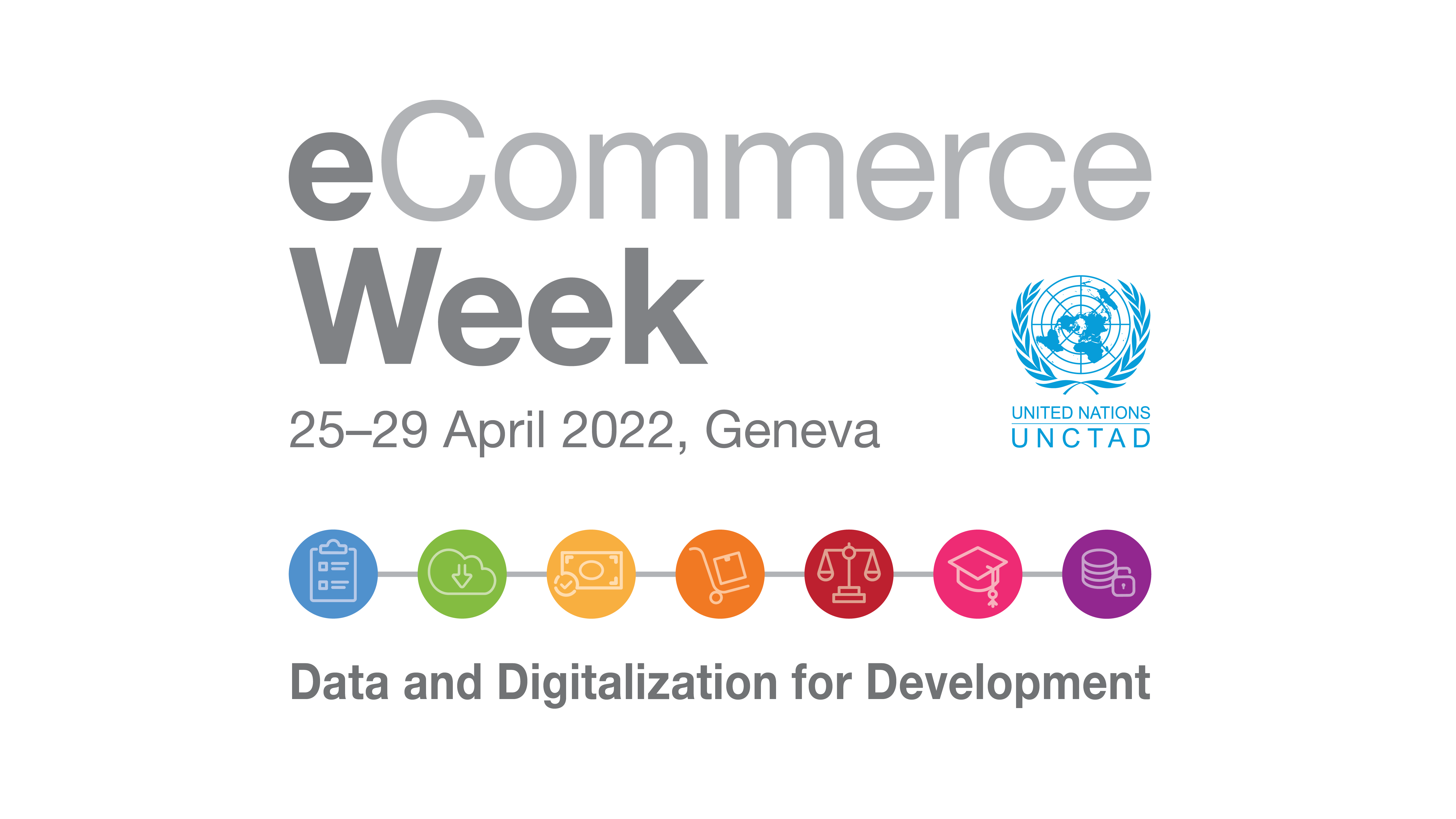How will current proposals for international e-commerce rules governing data flows affect digitalization for development?
25 Apr 2022 16:00h - 17:00h
Event report
Organised by the Confederación Empresaria de la República Argentina (CGERA) and Tanzania Trade and Economic Justice Forum, and moderated by Ms Sofia Scasserra (Economist, Transnational Institute), this session looked at the various ways in which current and future international e-commerce rules governing data flows could affect digitalisation for development. Providing a European perspective, Mr Roland Kulke (Representative to EU Institutions, transform! Europe) focused on recent EU negotiations around the Digital Services Act (DSA) and the Digital Markets Act (DMA). Both legislative initiatives aim at the abuse of power of large US technological players, and adopt an ex ante regulatory approach. A provisional agreement on the DSA was found in April 2022 between the European Parliament, the Council of the EU, and the European Commission. While the DSA introduces new requirements in relation to transparency and content moderation for digital services, the DMA regulates so-called digital gatekeepers and introduce new competition rules to the benefit of smaller actors on their respective markets. Indeed, both legislations introduce exceptions for small and medium enterprises (SMEs). Ms Deborah James (Director of International Programs, Center for Economic and Policy Research) commented on the past and recent United States’ approach on e-commerce at the national level and in the WTO. James argued that Big Tech companies have attempted to use trade policymaking, the least democratic form of policymaking in the United States, to influence both national and international regulations in their favour. Many of the international trade rules have been framed in line with these US proposals, preventing strong regulations on digital services. James reflected on recent changes launched by the Biden administration, signalling a divergence from previous US policies, in relation to digital competition (including interoperability), algorithmic governance and transparency, legal liability of platforms, and electronic authentication. Ongoing e-commerce negotiations in the WTO could create obstacles for countries to adopt stronger regulations towards digital platforms, despite the obvious negative impact of digital monopolies, the proliferation of hate speech online, and the need for more accountability. Ms Xolelwa Mlumbi-Peter (Ambassador, South Africa) argued that developing countries need to develop their competitiveness in relation to e-commerce. There is an increasing concentration of wealth in a few companies at the global level that needs to be addressed to ensure that developing countries do not remain in the periphery and become beneficiaries even from an industrial perspective. Mlumbi-Peter insisted that current WTO negotiations on source codes could benefit to developing countries, notably to address anti-competitive behaviours and promote the transfer of technology. Recent G90 proposals in relation to e-commerce aim to advocate for a fairer and more equitable trading system that would benefit developing countries. South Africa has advocated the inclusion of the developmental aspect of e-commerce through various channels of the WTO, despite the opposition from other member states, with a specific focus on data and technology transfer. Ms Rashmi Banga (Senior Economic Affairs Officer, UNCTAD) provided the perspective of UNCTAD in relation to e-commerce and the role of data flows for the protection of human rights. Data flows are different from trade flows. Data flows are multidimensional, not necessarily international, and their quantification is a complex issue. The latest 2021 UNCTAD digital economy report proposes that data flows should be outside of the WTO negotiations. The best forum for addressing data flows should instead be the United Nations. In addition, Banga concluded that data centres are highly concentrated in developed countries and there is a need to develop data centres, along with other IT capabilities, in developing countries. While many developed states, including the EU and the US, adopt data localisation measures and subsidise investments in their own data centres’ capacities, some of them still continue supporting the prohibition of data localisation measures at the global level, notably within the WTO negotiations. By Clement Perarnaud
Related topics
Related event

